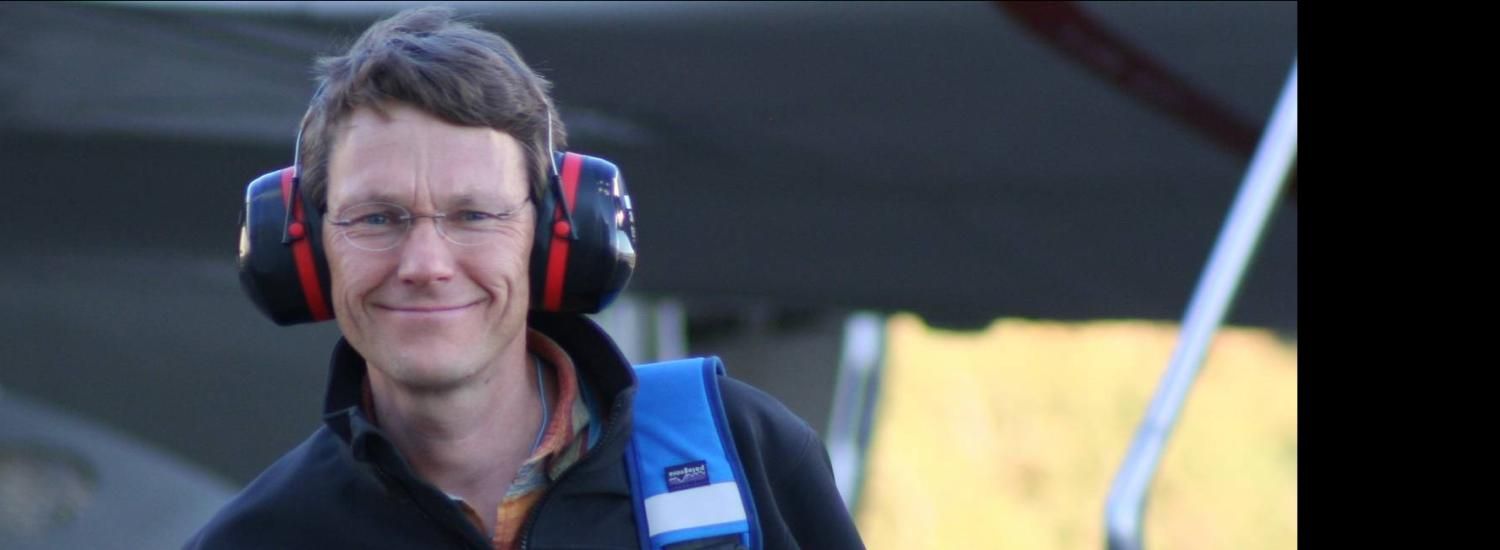CIRES fellow Joost de Gouw earns full faculty position
Joost de Gouw transitions to full faculty position with CIRES and the chemistry department

On July 1, CIRES Fellow and Professor of Chemistry Joost de Gouw will transition to a full faculty position with CIRES and the chemistry department at CU Boulder. De Gouw, a researcher who has worked in various capacities since joining CIRES in 2001, will continue his work on indoor and outdoor air quality while gaining more flexibility to mentor graduate students, lead new research projects and take on service activities.
“This transition really formalizes what I’ve been doing increasingly for the last three years,” said de Gouw. “It means I can devote more time to mentoring, teaching and service, which are things that I really enjoy.”
De Gouw became a CIRES Fellow in 2008, when he was still a research scientist working embedded in the NOAA Chemical Sciences Laboratory. He moved to the CU Boulder side of the institute in 2017, with a half-time faculty appointment in chemistry.
Maggie Tolbert, CIRES Associate Director and Distinguished Professor of Chemistry, said de Gouw has always gone above and beyond for CIRES. “Joost has always given CIRES 150 percent,” she said. “He’s served on many different committees, supported DEI efforts and helped envision CIRES’ strategic plan. We are lucky to have him.”
On top of his service to CIRES, de Gouw also leads a thriving research lab, which currently includes five graduate students, one research scientist, a sabbatical visitor and one summer research high school student. The lab’s work focuses on evaluating the sources of air pollutants in the atmosphere and indoor environments, including ozone, and understanding the impact pollutants have on air quality, climate change and human health. After the Marshall Fire, de Gouw and his graduate students responded quickly to take measurements of pollutants from inside smoke-impacted homes. This summer, he will lead a field study of urban air quality in Los Angeles and will continue work on a project that uses satellite data to evaluate the impacts of oil and gas production and of wildfires on air quality.
“As a member of the strategic planning committee, it was important, and yes fun, to think about the future of CIRES,” de Gouw said. “I’m really looking forward to what’s to come and finding new ways to contribute.”